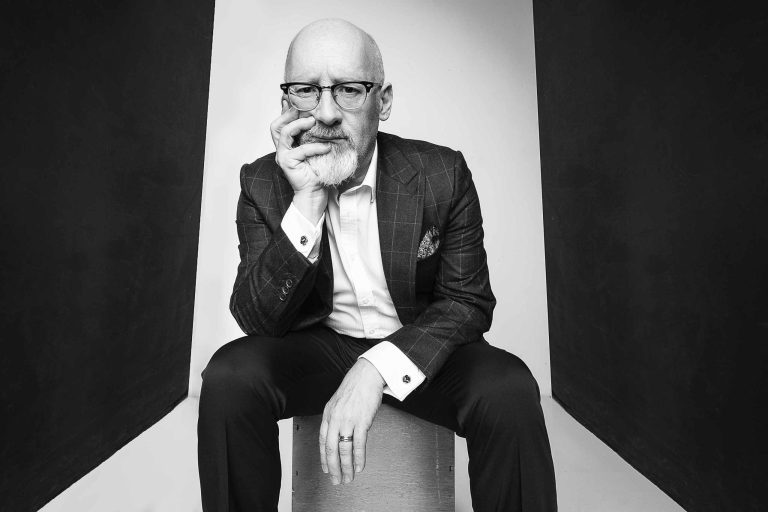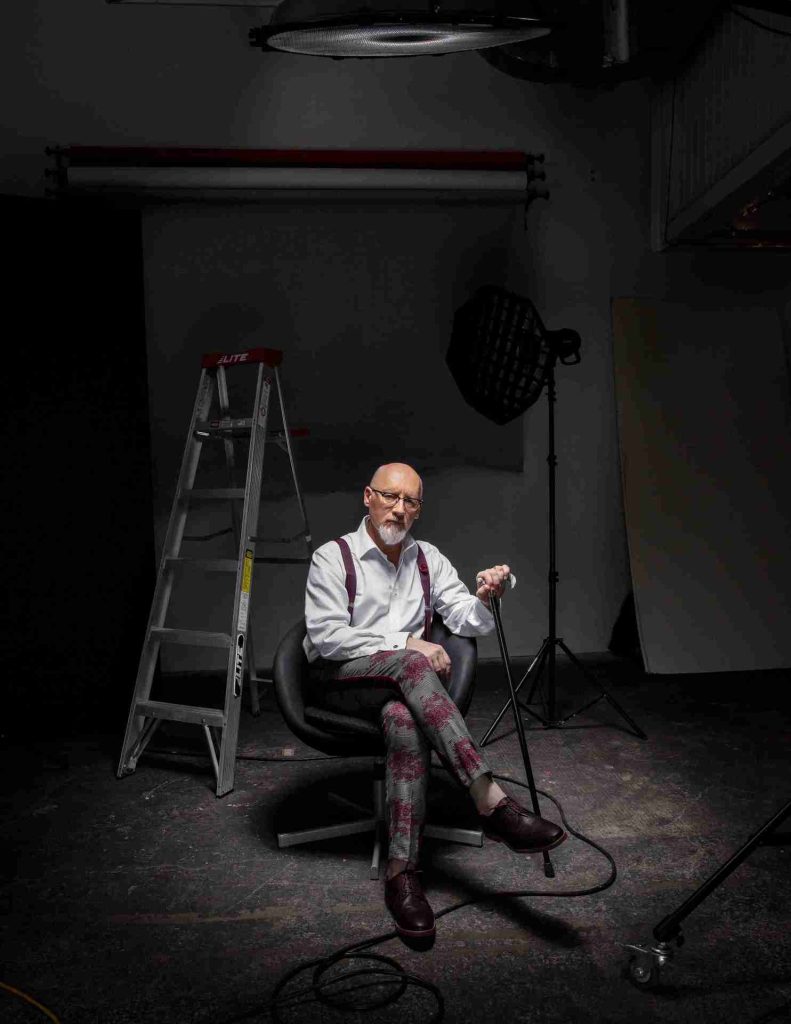Roger Gingerich
wants
Fashion Industry to buy locally and support its community.

"We need to concentrate on celebrating uniqueness."
Roger Gingerich is a household name in the fashion industry with over 35 years of industry experience. What does he think about fashion shows going either digital or semi-digital, or what are his insights on the future of Fashion as we get closer to a vaccine? FORWARD finds out in an e-mail conversation with Gingerich on his views on the fashion industry’s way forward.
How is the fashion industry changing right now? In Toronto, and globally?
Toronto is no different from any other city in the world right now when it comes to Fashion. We face the same challenges– without public events and encouragement to stay home, consumers have shifted their short-term response to Fashion. Loungewear and being comfortable in your surroundings have taken on a new life. Designers and online retailers that have shifted their focus to cater to this market have been successful.
What has pandemic taught you on the ways you interact with Fashion?
It has taught me to be more focused on what’s important to me. I have a clearer understanding of social/environmental causes in brands and how I support them, along with my local community that is struggling and how better to promote them.
Talk about your most important realization from the pandemic?
Our world is full of mini-events that don’t matter, we waste so much money and time on trivial things. We need to concentrate on celebrating uniqueness.
Your insights on how the fashion industry should approach moving forward?
Baby steps. We’re all hypersensitive –Pro- vaccine / anti-vaccine, social shaming for gathering with friends, emotional sensitivity is rampant, even with well-meaning intentions you are guaranteed to offend a specific group. So it is really to understand your target market and focus on them.
Canadian International Fashion Film Festival (CANIFFF) 2020, talk about its success.
We were one of the top five most active Fashion Film Festivals in the world in 2020. We engaged with the industry and the consumer globally and promoted film genres to Canada’s new audience. With over 160 fashion film shorts from 37 countries, we put Canada back on the global map with fashion film directors.
Elaborate on the opportunities in the fashion and film industry?
Our film industry is second to none here in Canada. We have four full seasons, a wide variety of landscapes, an incredible talent pool, a welcoming, safe country, and with that, an open door to the global film industry. Fashion has always played a second character in the film. It sets the tone of the characters. Designers, stylists, PR, the list is endless for those that want to work in the film market.













